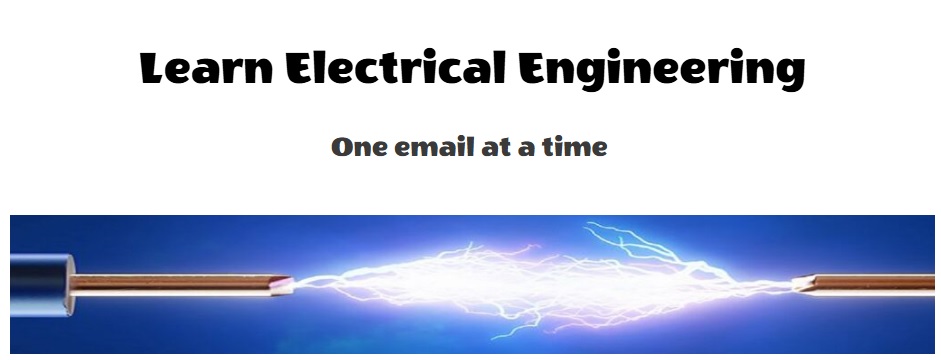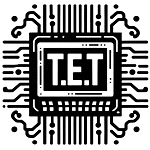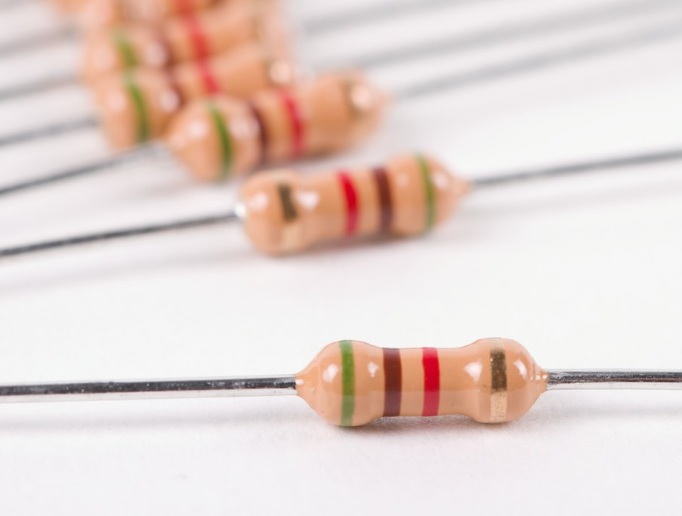Electrical codes and regulations are critical to ensuring safety and functionality in residential and commercial electrical installations. They provide standards that must be followed to prevent electrical hazards, ensuring the well-being of occupants and the longevity of electrical systems. This guide will help homeowners understand the importance of electrical codes and how to navigate them.

1. What are Electrical Codes?
Electrical codes are a set of standards established by national and local authorities to govern the installation and maintenance of electrical systems. They cover a wide range of topics, including wiring methods, grounding, overcurrent protection, and equipment installation.
2. Importance of Electrical Codes
- Safety: Codes are designed to minimize the risk of electrical hazards, including shocks, fires, and equipment damage.
- Consistency: They provide uniform standards across the industry, ensuring all electrical work meets specific safety criteria.
- Insurance Compliance: Adhering to electrical codes can prevent issues with insurance claims in case of accidents or damages caused by faulty wiring.
3. Key Codes and Standards
Familiarizing yourself with the most relevant codes can help you understand the standards your electrical installations should meet:
- National Electrical Code (NEC):
- Published by the National Fire Protection Association (NFPA), the NEC sets the standard for safe electrical design, installation, and inspection in the United States.
- Updates occur every three years, reflecting changes in technology and safety practices.
- Local Codes:
- Local jurisdictions may have additional codes and regulations that supplement the NEC. Always check with your local building department for specific requirements.
4. Common Regulations to Consider
- Wiring Methods: Ensure that wiring is installed in a manner that protects it from damage and allows for proper heat dissipation.
- Grounding and Bonding: Proper grounding helps protect against electrical shocks and provides a path for fault currents to flow safely.
- Overcurrent Protection: Circuit breakers and fuses must be appropriately rated for the circuits they protect, preventing overheating and potential fires.
5. Hiring Licensed Professionals
When undertaking electrical work, it’s crucial to hire licensed electricians familiar with local codes and regulations. They ensure that all installations meet safety standards and pass inspections, providing peace of mind for homeowners.

Join students and professionals
from across the world increasing their knowledge of Electrical Engineering.
One email at a time
We never send spam or give your information to anyone, Privacy Policy here.
6. Permits and Inspections
- Permits: Many electrical projects require permits, which allow local authorities to review plans and ensure compliance with codes.
- Inspections: After completing electrical work, inspections are often necessary to verify that installations meet safety standards. Failure to pass inspections can result in costly corrections.
7. Staying Informed
As codes and regulations evolve, it’s essential for homeowners to stay informed about changes that may affect their properties. Resources such as local building departments, electrical associations, and online platforms can provide valuable information.
Conclusion
Understanding electrical codes and regulations is vital for homeowners looking to ensure the safety and reliability of their electrical systems. By familiarizing themselves with these standards, hiring licensed professionals, and staying informed about updates, homeowners can protect their properties and comply with legal requirements. Prioritizing adherence to electrical codes not only safeguards occupants but also enhances the longevity of electrical installations.
More on basic electrical knowledge here.


